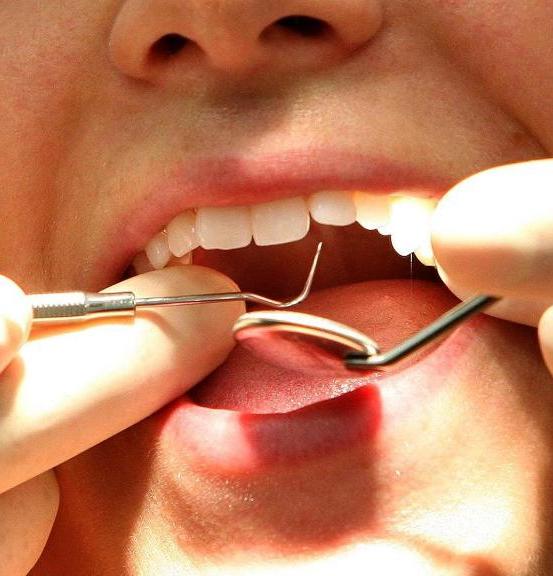End of the dreaded dental drill? New technique lets teeth repair themselves
King’s College London developed a new technique that will do away with the invasive dental drill. The treatment, which may be available in just three years, is called electrically accelerated and enhanced remineralisation (EAER). It will replace the need for fillings and instead encourage teeth to repair themselves by accelerating the natural movement of calcium and phosphate minerals into a damaged tooth. A two-step process first prepares the damaged area of enamel, then uses a tiny electric current to push minerals into the repair site. The tooth is remineralised painlessly without the need for drilling, injections or a filling. The process also can be used to whiten teeth.
Not only is our device kinder to the patient and better for their teeth, but it is expected to be at least as cost-effective as current dental treatment.
Professor Nigel Pitts, King’s College London’s Dental Institute
A spin-out company, Reminova Ltd, has been set up to commercialise the research. Based in Perth, Scotland, it is now in the process of seeking private investment to develop EAER.

Health dentist's drill